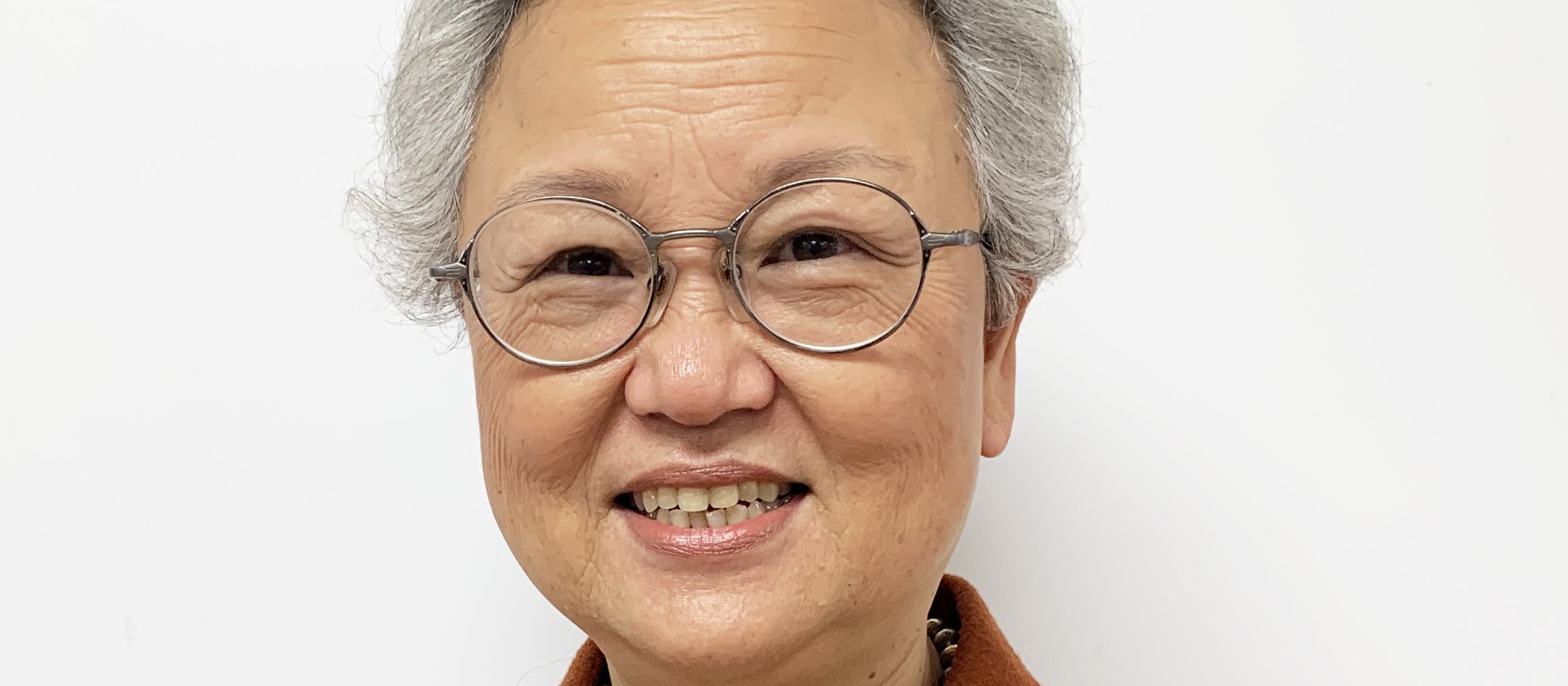Academic pharmacist Nataly Martini provides key information on Helicobacter pylori pathophysiology, diagnosis and evidence-based treatment strategies to enhance patient outcomes
International study of molecule in New Zealand berry may offer hope for diabetics
International study of molecule in New Zealand berry may offer hope for diabetics

A new international clinical trial testing a molecule found in New Zealand blackcurrants may offer hope for thousands of Kiwis living with diabetes and associated metabolic disorders.
According to latest data, an estimated 5% of the New Zealand population is living with type 2 diabetes with this prevalence expected to increase to 7% (430,000) people within the next two decades.
Dr Jian Guan, an Auckland University scientist who is considered the world’s leading expert on cyclic Glycine-Proline (cGP) research, says cGPMax will be tested in an open-label trial among a group of diabetic participants living with a range of metabolic syndromes.
The patient trial is now under way at a university affiliated hospital in China - using cGP derived from New Zealand blackcurrants at a Canterbury production facility.
She says the aim of the trial is to establish the efficacy of the natural form of cGP on type 2 diabetes associated with dyslipidemia, hypertension, peripheral neuropathy, retinopathy and kidney dysfunction.
“Metabolic syndrome is a cluster of disorders resulting from poor metabolism, including hyperglycaemia, high blood pressure, poor insulin function and excessive LDL cholesterol.
“There is a strong correlation between poor metabolism, heart disease, cancer and premature death.
“The trial, which is expected to be completed later this year, will investigate whether consumption of the natural form of cGP can improve blood pressure, cholesterol, and complications from diabetes including poor eye function and nerve damage,” she says.
Dr Guan who has studied cGP for over 30 years at Auckland University says feedback from those taking non-synthetic cGP as a supplement for brain health suggest it may assist with other conditions.
“While consumer use of concentrated cGP is still in its relative infancy, there are indications that it may offer hope to those living with a wide range of metabolic disorders.
“Among the feedback we have received from those taking the supplement include type 2 diabetics who suggest they have regained sensation in their feet after taking cGP as well as those with high blood pressure recording improvements in their systolic & diastolic measurements.
“Should the trial be successful, it is expected to create more export opportunities for the New Zealand made cGPMax supplement in Asian markets like China - where the populations of those with metabolic disorders has risen steadily over the past ten years,” she says.
Dr Guan says the discovery that South Island blackcurrants are uniquely rich in cGP has led to further research which is investigating other natural sources of the nutrient.
cGP is a brain nutrient that normalises a hormone essential for overall body health and may play a wider role in improving circulation and creating new blood vessels than we previously understood,” she says.




